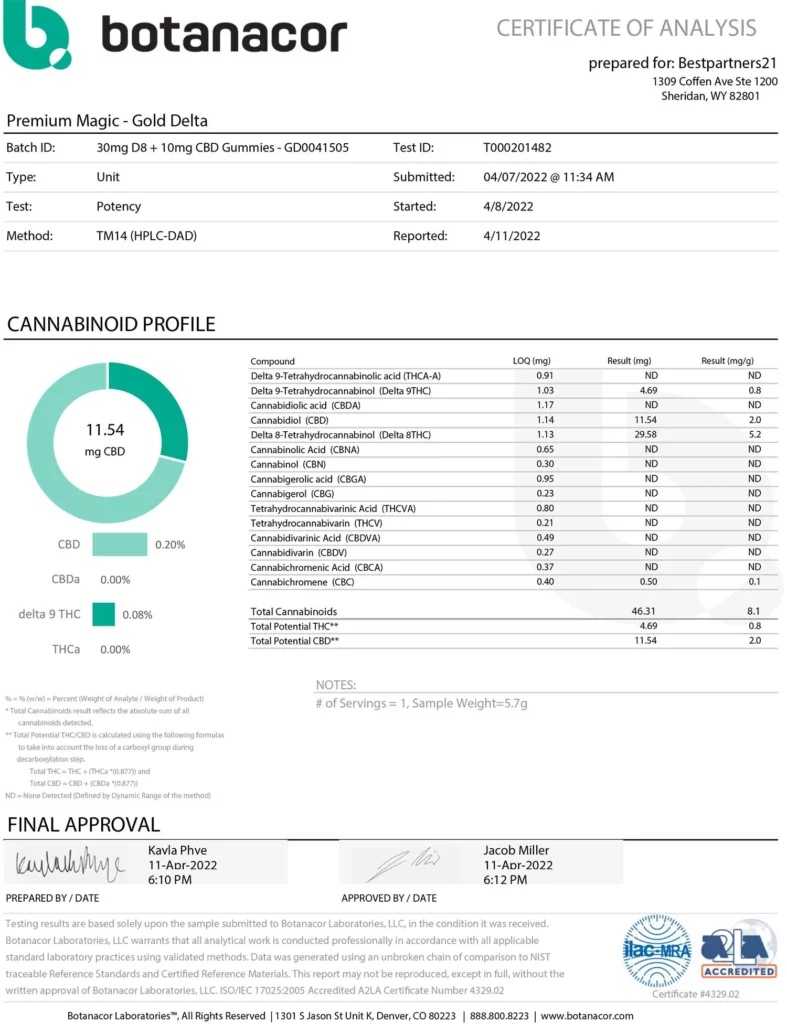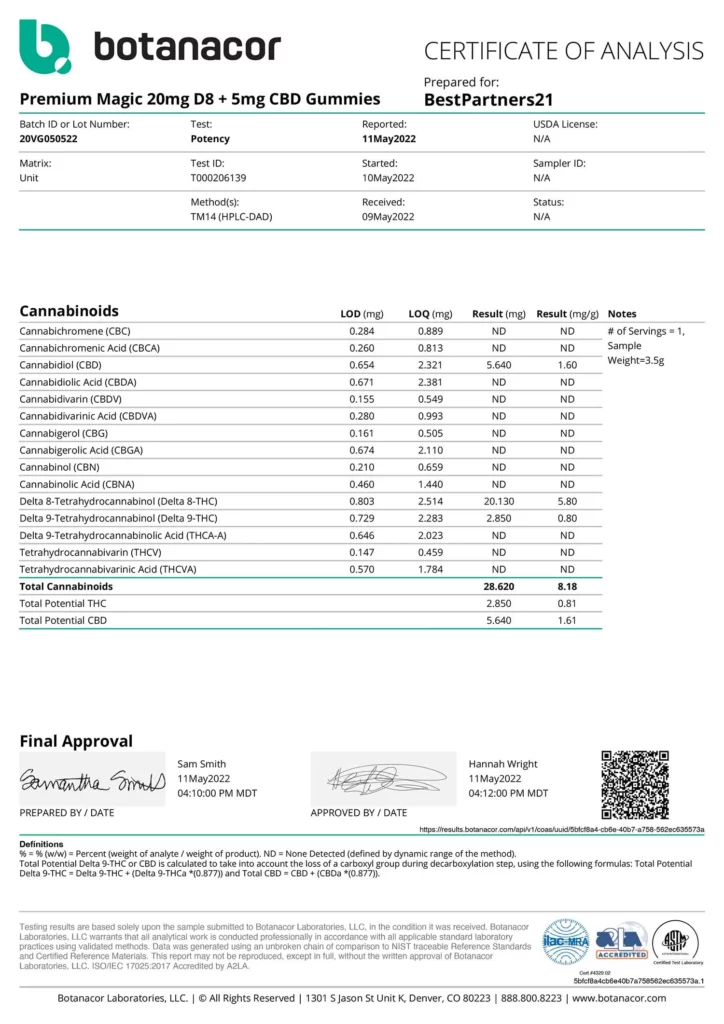
Mindful Eating: How to Cultivate a Healthier Relationship with Food

Ever wondered what “mindful eating” means? It’s simply paying full attention to the food we eat. By doing this, we can enjoy our meals more and understand our body’s true needs. Why is this important? Because when we eat with awareness, we build a healthier bond with food. It’s not just about filling our bellies, but nourishing ourselves in the best way possible.
What is Mindful Eating?
Mindful eating is all about paying full attention to the food you eat. It’s not a new idea. In fact, it comes from ancient practices where people took the time to enjoy and appreciate their food. This approach helps us focus on the tastes, textures, and feelings that food brings. It’s like taking a moment to really listen to what our food has to say.
Mindful vs. Mindless Eating
Now, let’s think about how we usually eat. Many times, we might eat in front of the TV, or while checking our phones, not really tasting our food. This is called “mindless eating.” When we eat mindlessly, we can easily eat too much or eat things that aren’t good for us without even realizing it.
On the other hand, mindful eating is like taking a deep breath and diving into our meal. It’s about enjoying every bite, understanding when we’re truly hungry, and knowing when we’re full. No distractions, just you and your food.
Why Practice Mindful Eating?
There are many good reasons to eat mindfully. First, it can help us enjoy our food more. When we pay attention, we can truly savor every bite. Plus, it can help with digestion because we’re eating slower.
But there’s more. Mindful eating can help us make healthier food choices. By tuning into our body’s needs, we can pick foods that make us feel good and give us energy. And, by recognizing when we’re full, we can avoid overeating and feel better after meals.

Delta-8 Gummies – Gold Tropical Mix
Original price was: $82.99.$39.99Current price is: $39.99.
Or Subscribe and Save 30%

Delta-8 Gummies – Gold Paradise Mix
Original price was: $82.99.$38.99Current price is: $38.99.
Or Subscribe and Save 30%
Steps to Practice Mindful Eating
Mindful eating is a journey, not a destination. It’s about taking small steps to be more present with our food and our bodies. By following these steps, you can start to cultivate a healthier and more joyful relationship with food.
1. Taking Time to Appreciate Food
Food is more than just fuel for our bodies. It’s a gift from nature, filled with flavors, colors, and nutrients. Before you eat, take a moment to look at your food. Notice its colors, shapes, and textures. Think about where it came from and the journey it took to get to your plate. This small act of gratitude can make your meal more special and help you feel more connected to the food you eat.
2. Eating Slowly to Savor Every Bite
When we’re in a hurry, it’s easy to eat fast. But when we slow down, we can truly taste and enjoy our food. Try taking small bites and chewing each one several times. Let the flavors dance on your tongue. Not only will this make your food taste better, but it can also help with digestion. Remember, it’s not a race. Your food isn’t going anywhere, so take your time and enjoy every bite.
3. Recognizing True Hunger and Fullness Cues
Our bodies are smart. They tell us when they’re hungry and when they’ve had enough. But sometimes, we might eat because we’re bored, sad, or just because food is there. To eat mindfully, we need to listen to our bodies. Before you eat, ask yourself: “Am I really hungry?” If the answer is yes, then enjoy your meal. But if you’re eating for other reasons, try to find another way to address those feelings, like taking a walk or calling a friend.
As you eat, pay attention to how your stomach feels. When you start to feel full, it’s okay to stop eating, even if there’s still food on your plate. Your body knows what it needs.
4. Limiting Distractions While Eating
We live in a busy world. There’s always something to do, see, or hear. But when we eat with distractions, like watching TV or scrolling on our phones, we’re not really present with our food. This can lead to overeating or not really enjoying our meal.
Try this: next time you eat, turn off the TV, put down your phone, and just eat. It might feel strange at first, but with time, you’ll start to notice things you never did before, like the crunch of a carrot or the sweetness of a berry.
5. Tuning into the Body’s Needs and Responses to Different Foods
Not all foods are created equal. Some might give us energy and make us feel good, while others might leave us feeling tired or upset our stomachs. To eat mindfully, it’s important to notice how different foods affect our bodies.
After you eat, take a moment to check in with yourself. How do you feel? Energized? Sleepy? Light? Heavy? These feelings can give you clues about what foods work best for your body.
For example, if you notice that you always feel tired after eating a certain food, maybe it’s worth trying something else next time. Or if you find that a certain meal always leaves you feeling great, then that’s a good sign that it’s a good choice for you.
So next time you eat, take a moment to be mindful. Your body and taste buds will thank you!
The Role of CBD in Mindful Eating
CBD stands for cannabidiol. It’s a natural compound found in hemp plants. Many people have started using CBD because they believe it has health benefits. Some say it helps with pain, while others believe it eases stress or anxiety. The good thing is that CBD doesn’t make you feel “high” like some other parts of the cannabis plant might.
How CBD Helps with Mindful Eating
Mindful eating is all about being present with your food and listening to your body’s cues. For some, anxiety or stress can get in the way of this. This is where CBD might help. Some people find that taking CBD helps them feel more relaxed. If you’re less anxious, it can be easier to focus on your meal and eat mindfully.
For example, if you’re someone who eats when they’re stressed, CBD might help you feel more calm. This way, you can make better food choices and pay more attention to when you’re hungry and when you’re full.
Tips for Using CBD with Mindful Eating
If you’re thinking about trying CBD to help with mindful eating, here are some simple tips:
- Start Small: Like with any new thing, it’s a good idea to start with a low amount of CBD and see how your body reacts.
- Choose Quality: There are many CBD products out there, but they’re not all the same. Look for ones that have good reviews and are tested for quality.
- Listen to Your Body: Just like with mindful eating, it’s important to pay attention to how your body feels after taking CBD. If you notice any unwanted side effects, it might be best to stop or try a smaller amount.
Challenges in Mindful Eating and How to Overcome Them
When we start with mindful eating, it might seem easy. But, like any new habit, there can be bumps along the way. Some common distractions include:
- TV and Phones: Many of us eat in front of a screen. This can easily divert our attention from the food.
- Stress and Emotions: Sometimes, we might eat not because we’re hungry, but because we’re sad, bored, or stressed.
- Being Too Busy: In a rush, we might eat quickly and not pay attention to what or how much we’re eating.
Strategies to Stay Mindful
Even when life gets hectic, there are simple ways to stick to mindful eating:
- Set Aside Time: Just as you’d set time for any other important task, do the same for eating. Even 10 minutes without distractions can make a big difference.
- Reminders: Little notes on your fridge or phone alerts can remind you to slow down and pay attention while eating.
- Deep Breaths: Before you start eating, take a few deep breaths. This helps calm your mind and sets the tone for a mindful meal.
- Listen to Your Body: Remember, it’s okay to leave food on your plate if you’re full. Your body knows best.
Wrapping Up:
Mindful eating is a simple yet powerful way to enjoy our food and take care of our health. By paying attention to each bite and listening to our bodies, we can experience many benefits, from better digestion to a deeper appreciation for our meals.
If you haven’t tried it yet, now’s a great time to start. Every meal is a chance to practice mindfulness. So, take a moment, slow down, and truly savor your food. Your body and taste buds will thank you!






